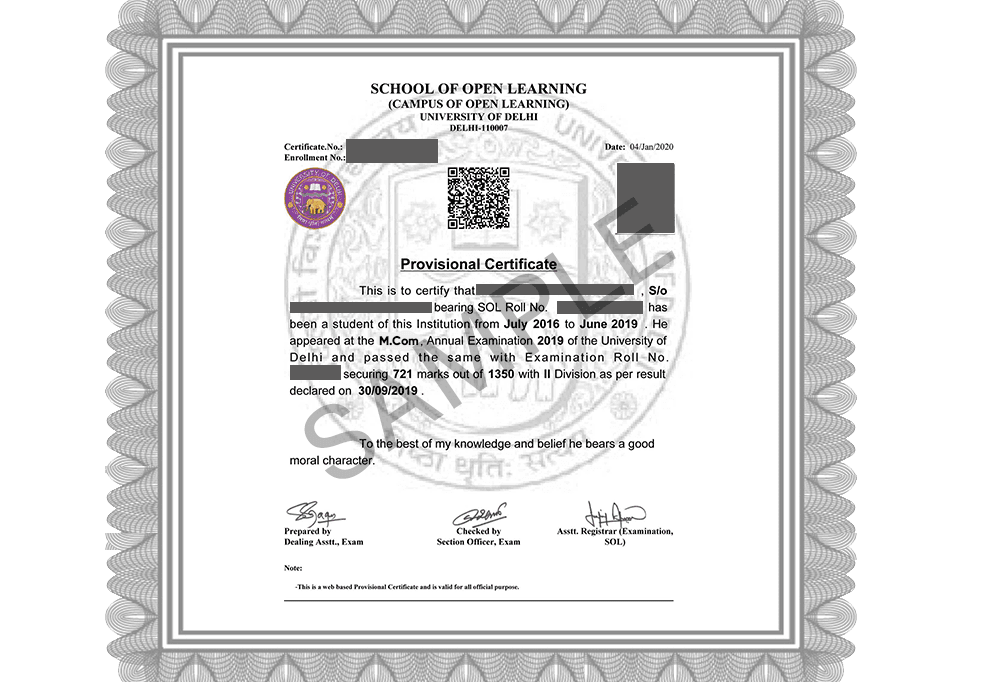Delhi University M.Sc Syllabus: Detailed Information
Every year, Delhi University accepts applications for a new session in the months of July and August. The application period is now closed for this year, however, it will soon open for the following batch. Please check the official DU website for more comprehensive information on admission. They encourage practical topics to increase students' practical understanding while making minor changes to the syllabus for their benefit. To assist students in getting experience in the workforce, this course also offers summer training. The M.Sc. program offers courses in several specialization areas, including computer science, mathematics, chemistry, and many more. Visit the official website of Delhi University for further information.
M.Sc Course Structure
The 2-year post-graduation M.Sc program at Delhi University is divided into 4 semesters. To advance to the following semester and finish their degree, students must explain a large portion of their credit scores for each semester. Allow us to talk about the main components of an M.Sc in Chemistry to better understand.
- This course has a total no. of credit 96 for their subjects including core and elective.
- From semester 3 & Semester-4, students need to opt elective subject.
- Students need to clarify all the subjects of each semester to complete their degree.
List of M.Sc Subject
For the best understanding of the M.Sc course, Here is the list of core subjects of the M.Sc specialization of chemistry (M.Sc in Chemistry):
|
|
|
|
|
|
|
|
|
|
|
|
|
|
|
|
|
|
|
|
|
|
|
|
|
|
|
|
|
|
|
|
|
|
|
|
|
|
|
|
|
|
|
|
|
DU SOL Sample Certificate
Earn a UGC & AICTE, NAAC A++ -recognised degree from DU SOL
- Learn from the best faculty and industry experts.
- Become a part of the DU SOL Alumni network.
- Build job-ready skills to get ready for the workforce.

Who is Eligible for M.Sc Course
- Students having a bachelor’s (Hon) degree or any equivalent degree from a recognized board.
- With a minimum percentage of 55% for generals and 50% for reserved categories in their bachelor’s degree.
- Those students have an interest in pursuing specialization in the field of science and technology.
- There is no age restriction for this course by the council till now.

DU SOL Admissions FAQ
The M.Sc syllabus at Delhi University includes core subjects such as Mathematics, Physics, Chemistry, Botany, Zoology, Computer Science, and Environmental Studies, among others, depending on the specialization.
Yes, Delhi University offers a range of elective courses in various disciplines, allowing students to personalize their M.Sc program as per their interests and career aspirations.
Absolutely, the M.Sc program involves practical laboratory sessions that complement theoretical learning, providing hands-on experience crucial for understanding scientific concepts.
Delhi University periodically revises its M.Sc syllabus to keep pace with evolving trends, scientific advancements, and industry requirements, ensuring students receive up-to-date and relevant education in their respective fields of study.
